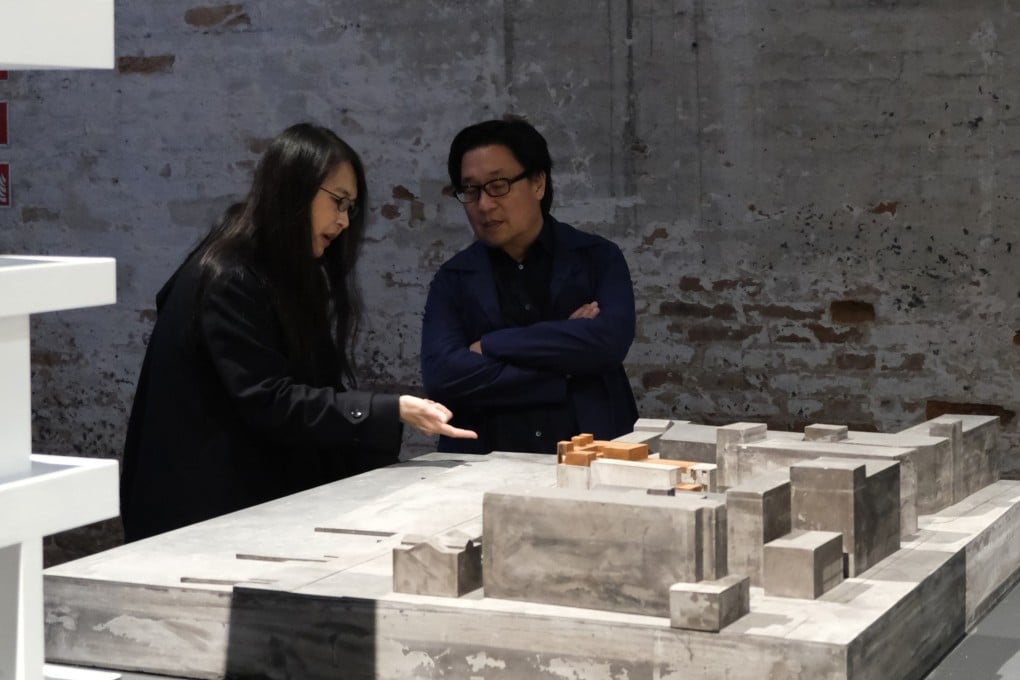Venice Biennale of Architecture: Chinese studio’s adaptive reuse projects show its belief that no building can shrug off its past
- Models of Shanghai-based Neri&Hu’s adaptive reuse projects showing at the Venice Biennale of Architecture highlight the studio’s philosophy of adaptive reuse
- Its founders says there is no escaping a building’s larger context, from the history of its surroundings to its relationship with those who interact with it

Lyndon Neri and Rossana Hu like to say they design buildings that will one day be ruins. This is part of their philosophy of adaptive reuse, which rejects the idea that a building can shrug off its past or ignore its surroundings.
Nothing stays the same, so the Shanghai-based architects, who founded Neri&Hu Design and Research Office in 2004, say it’s important for them to always think of the past and future uses of any space they design.
For most of the architects’ careers, that has informed a host of adaptive reuse projects giving life to old buildings in danger of demolition. But now it’s a question being posed about one of their most acclaimed projects.
The Waterhouse, a former Japanese army headquarters built in the 1930s on the Bund in Shanghai, which Neri and Hu transformed into a boutique hotel in 2010, has closed, and the architects have no idea what will come next for it.
“We’re not involved any more, but hopefully the 10 years it lasted started to educate the new generation of architects,” Neri says, adding that even if the building disappears, its ideas will remain.